Swiss farmers join Brussels protest
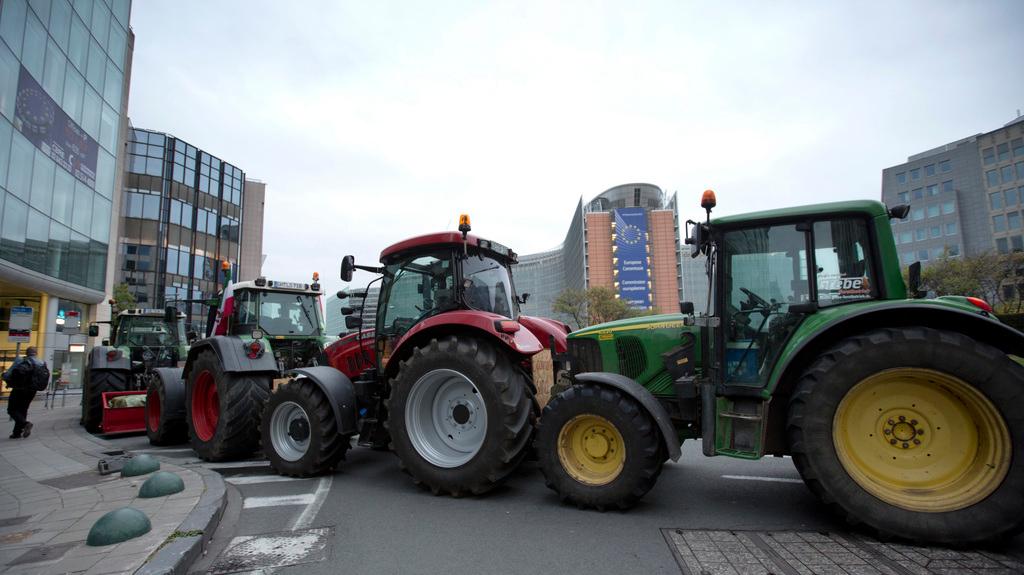
Dozens of Swiss farmers are in Brussels to demand action to stem a crisis in the dairy and meat sectors. Farmers are exasperated in particular by falling milk prices. The Swiss farming union Uniterre says the situation is ‘untenable’.
Thousands of European farmers protested in the Belgian capital on Monday to demand European Union action to counter the slumping prices they get for milk and pork. Farmers converged on the EU headquarters from across the 28-nation bloc, arriving on hundreds of tractors and snarling traffic during morning rush hour in the capital. Around 50 Swiss farmers participated.
It follows a summer of growing protests by farmers in France, Spain, Italy and the United Kingdom, angry at falling prices that have been exacerbated since the opening up of the milk market early this year and a severe market downturn.
The protests come ahead of a meeting of EU agriculture ministers on Monday to discuss the troubled livestock industry. Some farmers have called for a reintroduction of quotas or more direct aid from their governments to pay the bills.
In Switzerland a new protest movement has been initiated. On Saturday, several hundred homes across the country lit outdoor fires as a symbolic gesture to raise awareness in support of farmers.
“Existentially threatened”
The Swiss farmers’ union, UniterreExternal link, describes the current situation as ‘untenable’. Of the 54,000 farms across Switzerland, around half (23,500) produce milk. These are “existentially threatened”, warned its secretary, Rudi Berli. With the price of milk currently at CHF0.48 per litre it is impossible to live, he said.
“We cannot pay for labour, or external production costs,” he explained. There are similar problems in in other sectors like pig farming or sugar beet cultivation. The outlook appears totally ‘blocked’, said Berli.
“On average, three farms and six farming jobs disappear every day in Switzerland. We need a sustainable solution for the survival of farmers and a guarantee of our food supply,” said the union representative.
Berli said further protests could follow in the coming months.
“We are at the start of a farmers’ revolt,” he said. “There are people talking about a milk strike…that could happen soon.”
On Friday the Swiss agricultural research centre Agroscope published a report showing that a farmer’s average income last year rose by 10.5% versus 2013 to CHF67,800 ($69,598) per farm.
Berli, however, contested Agroscope’s ‘unrepresentative’ calculations for 2014 and questioned the ‘badly chosen’ timing of the publication.
Pierrick Jan, an economic expert at Agroscope, explained that the situation in 2015 was quite different to last year, however. There was now a global crisis in the dairy sector – lower demand, greater supply, abolition of quotas and milk prices down by 15%, he explained. And like the dairy sector, pig and vegetable farming are also suffering in 2015.

In compliance with the JTI standards
More: SWI swissinfo.ch certified by the Journalism Trust Initiative

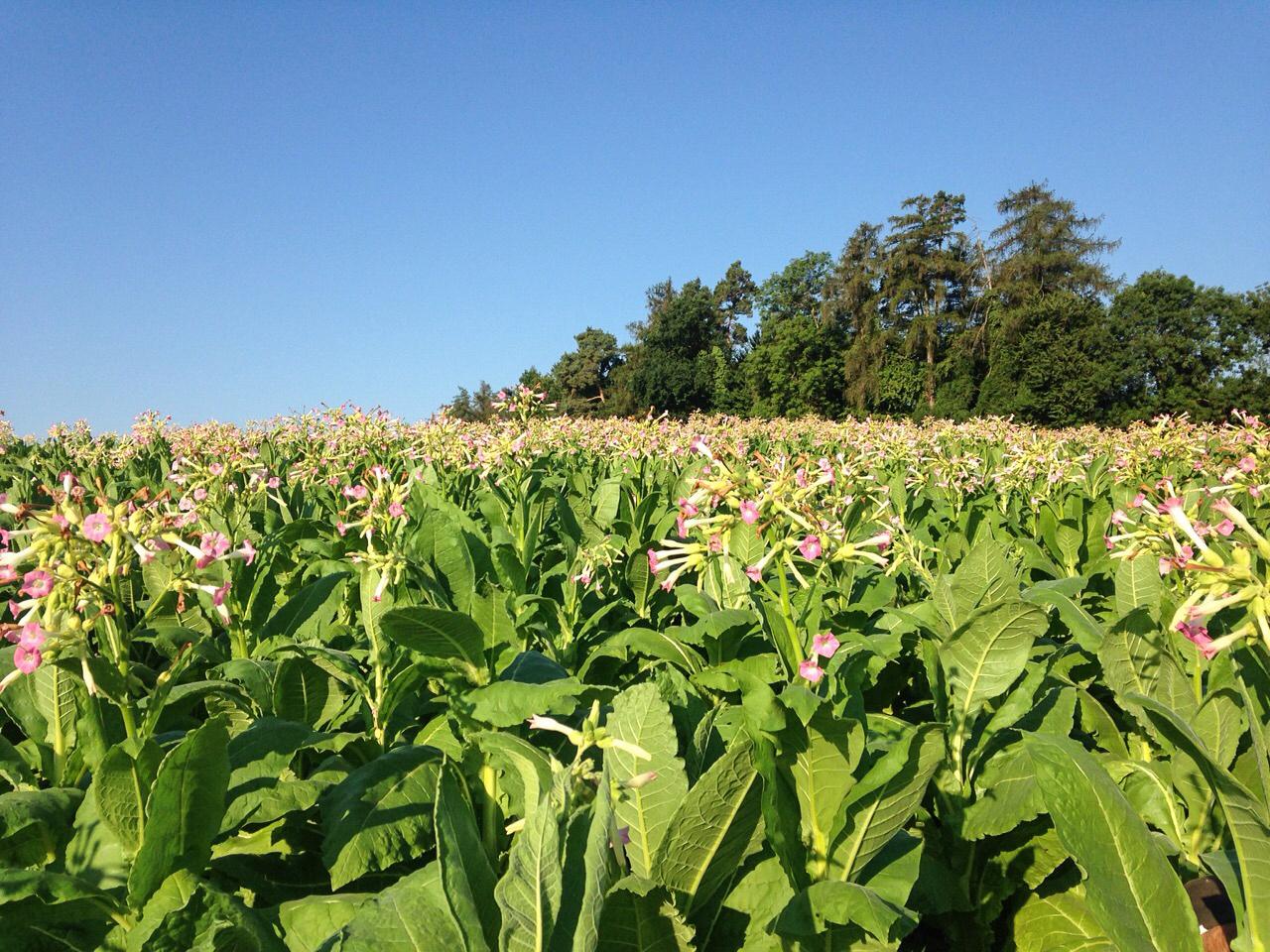
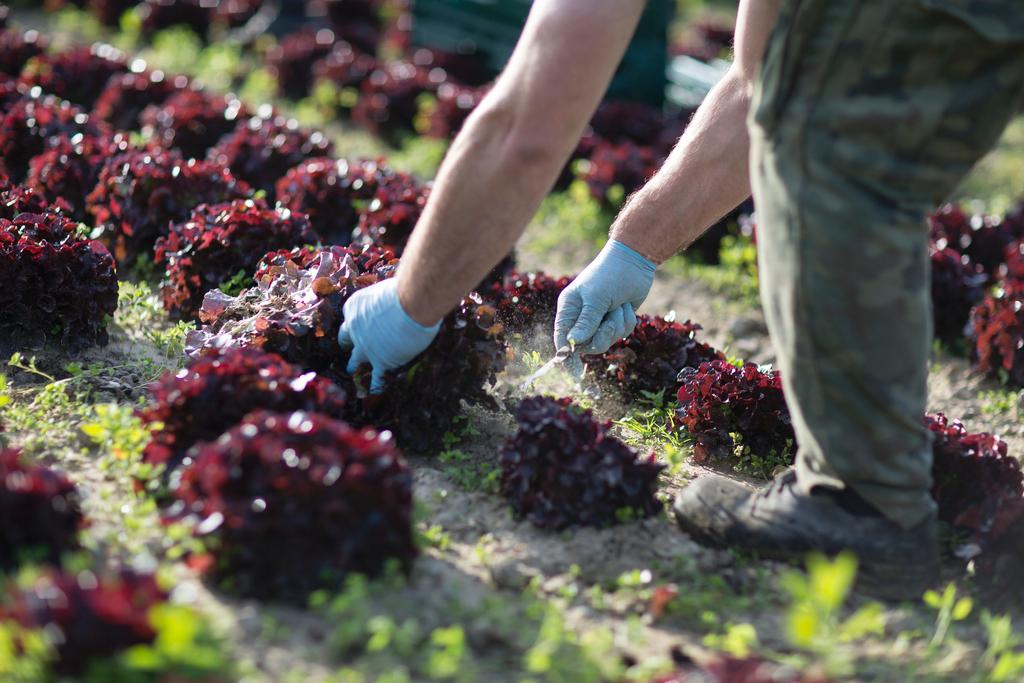
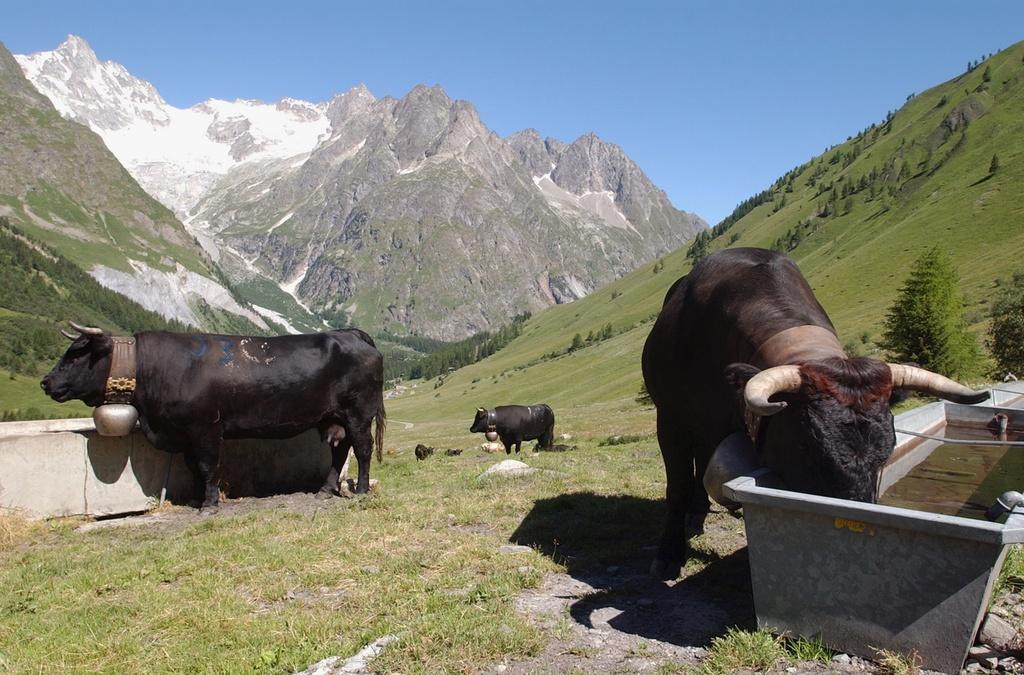
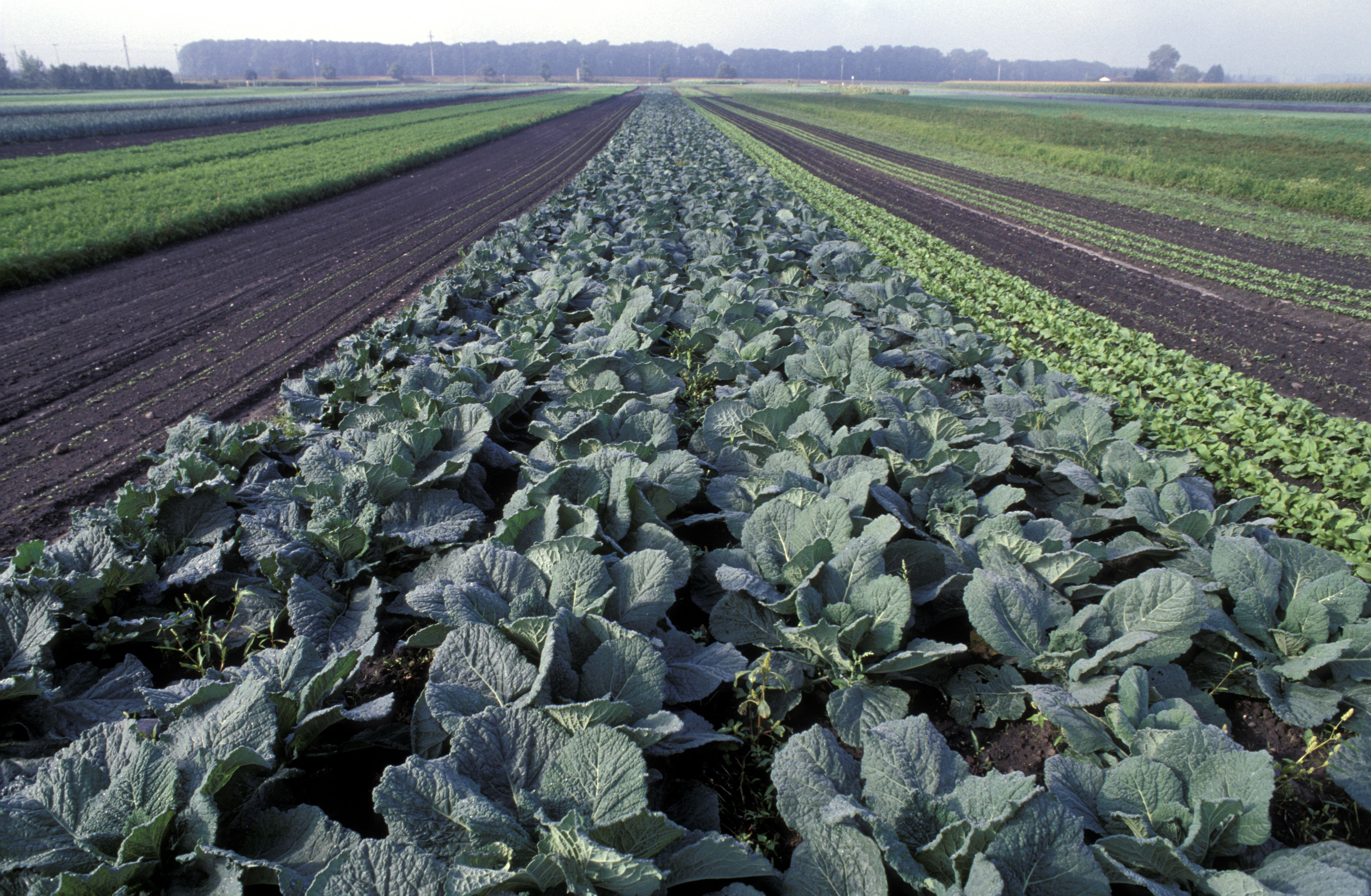
You can find an overview of ongoing debates with our journalists here. Please join us!
If you want to start a conversation about a topic raised in this article or want to report factual errors, email us at english@swissinfo.ch.